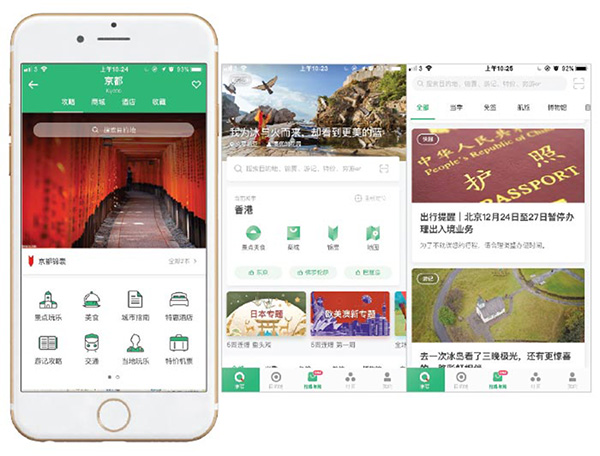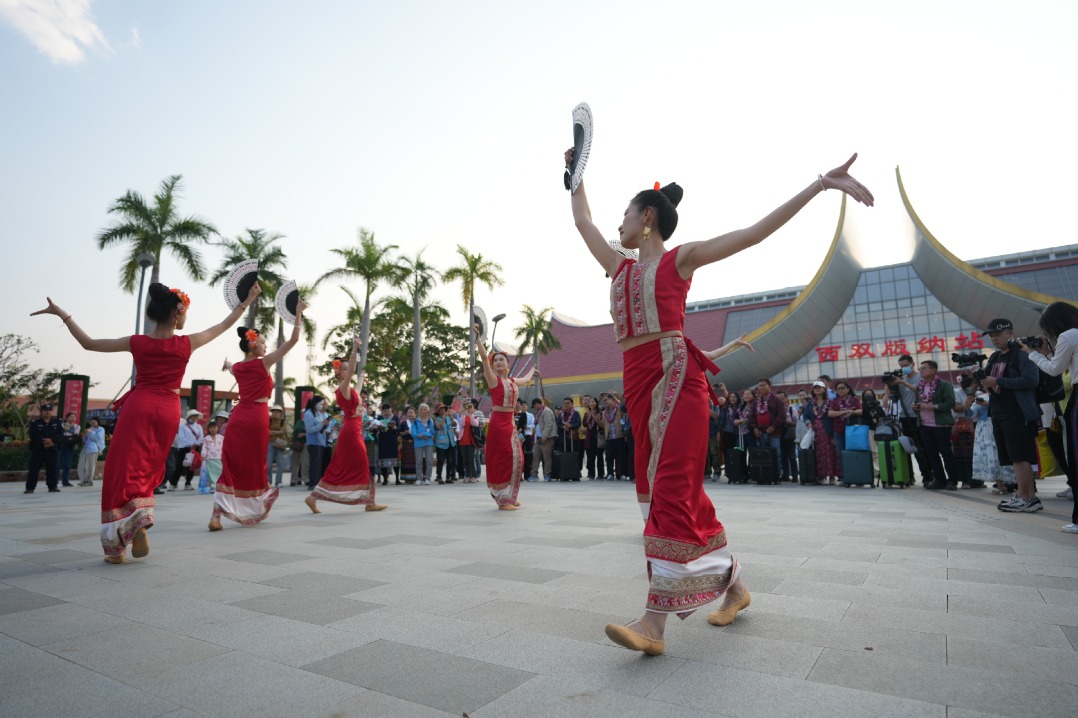Travel smart


Qiongyou
In Chinese, "qiong" means poor and "you" is travel. Fourteen years ago in his student dormitory in Hamburg, Germany, Chinese student Xiao Yi found a "one-euro" special offer for a night at a four-star hotel in Switzerland. After successfully making the booking, he was inspired to build a website gathering travel tips for independent Chinese student travellers in Europe. Now the company aims to spread its reach across the globe – by rendering a full suite of services for travel planning and a substantial offering of 600 independent travel guides (Qiongyou Jinnang) covering more than 300 cities and regions, compiled by travel veterans and Qiongyou editors, presented in a consolidated e-booklet format.
The travel guides can be downloaded freely within the app so you can also read them offline. For example, if you're going to Japan, there are 25 guides available. Some are city guides – including the popular destinations of Tokyo, Kyoto, Osaka – alongside less-travelled destinations such as Aomori, which is the northern-most prefecture of Japan and contributes the largest production of apples for the country. Other intriguing themes include "Hokkaido Onsen", "Taste of Tokyo", "Japanese Architecture", "Tokyo ACG (Anime, Comic and Games)" and "Hokkaido Railway".


































